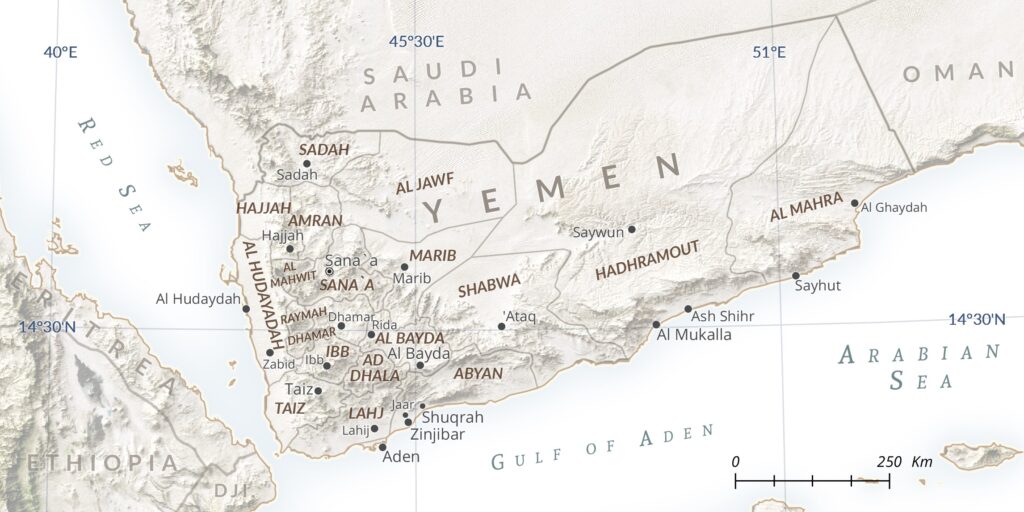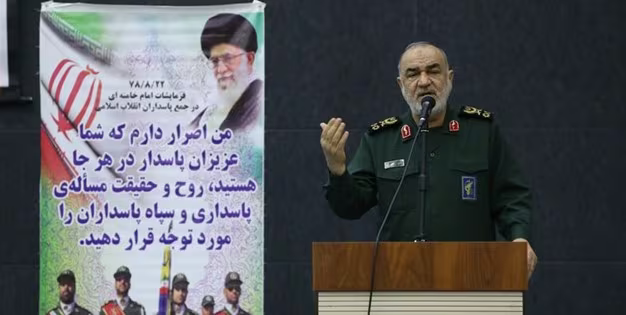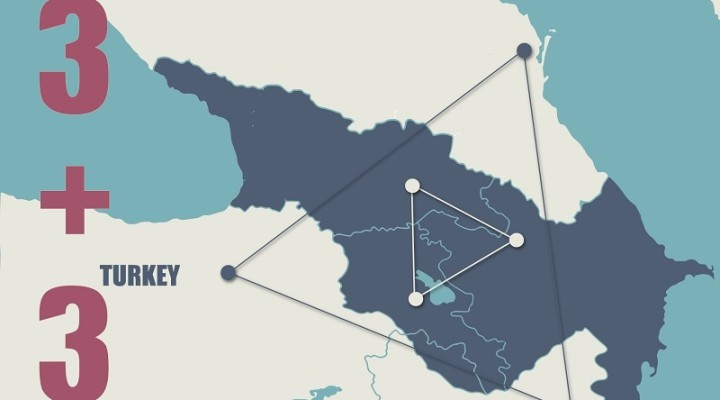The Houthi War Machine: From Guerrilla War to State Capture

Abstract: The Houthi rebels have been at war with the Yemeni government almost constantly since 2004. In the first six years, the Houthis fought an increasingly effective guerrilla war in their mountainous home provinces, but after 2010, they metamorphosed into the most powerful military entity in the country, capturing the three largest cities in Yemen. The Houthis quickly fielded advanced weapons they had never before controlled, including many of Iranian origin. The story of how they moved from small-arms ambushes to medium-range ballistic missiles in half a decade provides a case study of how an ambitious militant group can capture and use a state’s arsenals and benefit from Iran’s support.







